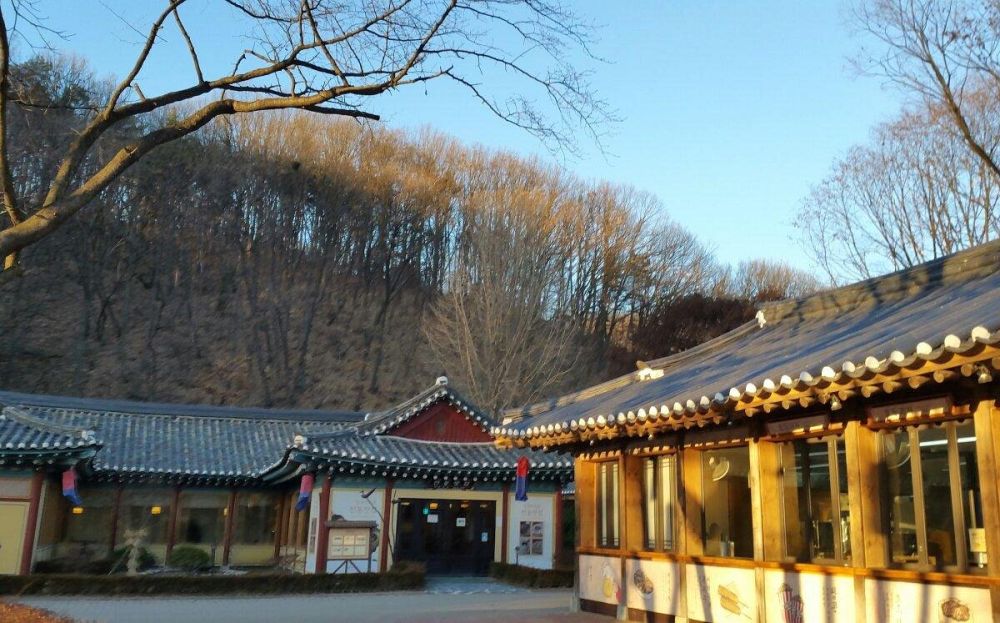

Embark on a journey through time at the Korean Folk Village, nestled in the city of Suwon, South Korea. This living museum stands as a guardian of Korean tradition and culture, celebrating the rich heritage that has shaped the nation's identity.
The Korean Folk Village was established in the early 1970s, with its official opening to the public in 1974. The aim was to preserve elements of traditional Korean life and promote understanding of Korean cultural roots. Over the years, it has grown to become a key attraction representing the way of life during the Joseon Dynasty (1392-1910).
Spanning approximately 243 acres, the village comprises real and replicated structures, including over 260 traditional houses reminiscent of the late Joseon period. These have been collected or reproduced to reflect lifestyles from different regions across Korea. This living museum serves not only as an educational site but has also been a vibrant backdrop for numerous films and dramas, helping to popularize the destination among locals and international visitors alike.
Visitors to Korean Folk Village can immerse themselves in various experiences, including traditional craft workshops, agricultural displays, and customary performances. Notable attractions include:
In recent years, experiential tourism has become highly popular, with visitors seeking authentic and interactive cultural experiences. Korean Folk Village has adapted by offering a variety of hands-on activities such as traditional craft-making sessions, cooking classes for Korean cuisine, and cultural experience programs.
Eco-tourism is another growing trend, and the village provides a green, eco-friendly environment that allows visitors to enjoy nature while learning about sustainable practices used in historical Korean times.
With the advent of the digital age, Korean Folk Village has also made strides in digital and virtual tourism. It has introduced online resources and virtual tours to entice potential visitors, allowing a glimpse of what the village offers from the comfort of their own homes.
When planning your visit to the Korean Folk Village, consider the following tips:
In conclusion, the Korean Folk Village in Suwon stands as a beacon of Korean cultural preservation, drawing tourists interested in experiencing Korea's historical roots. Its evolution over the years mirrors the changes in tourism trends, positioning it as a destination that celebrates tradition while embracing the future.